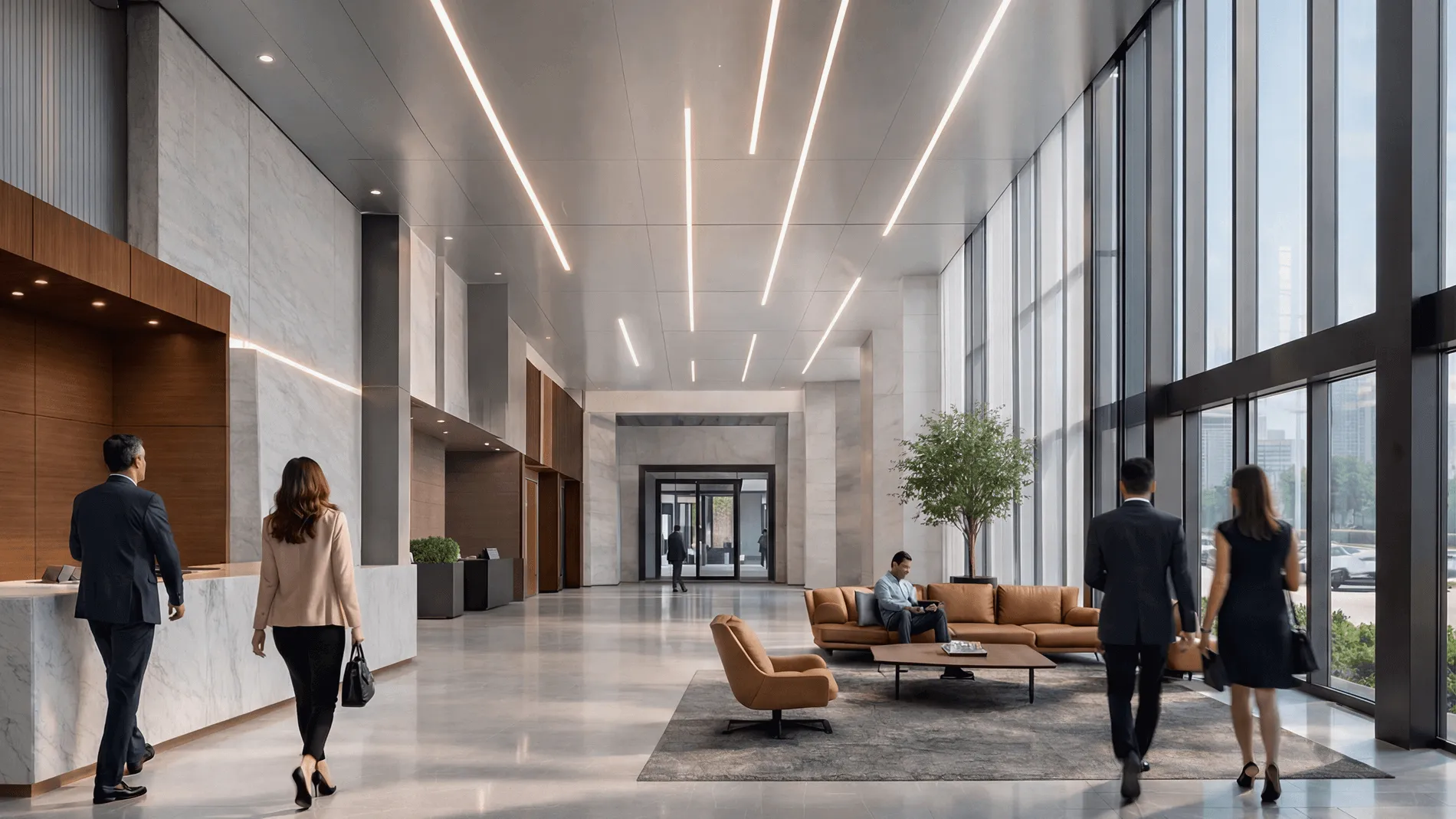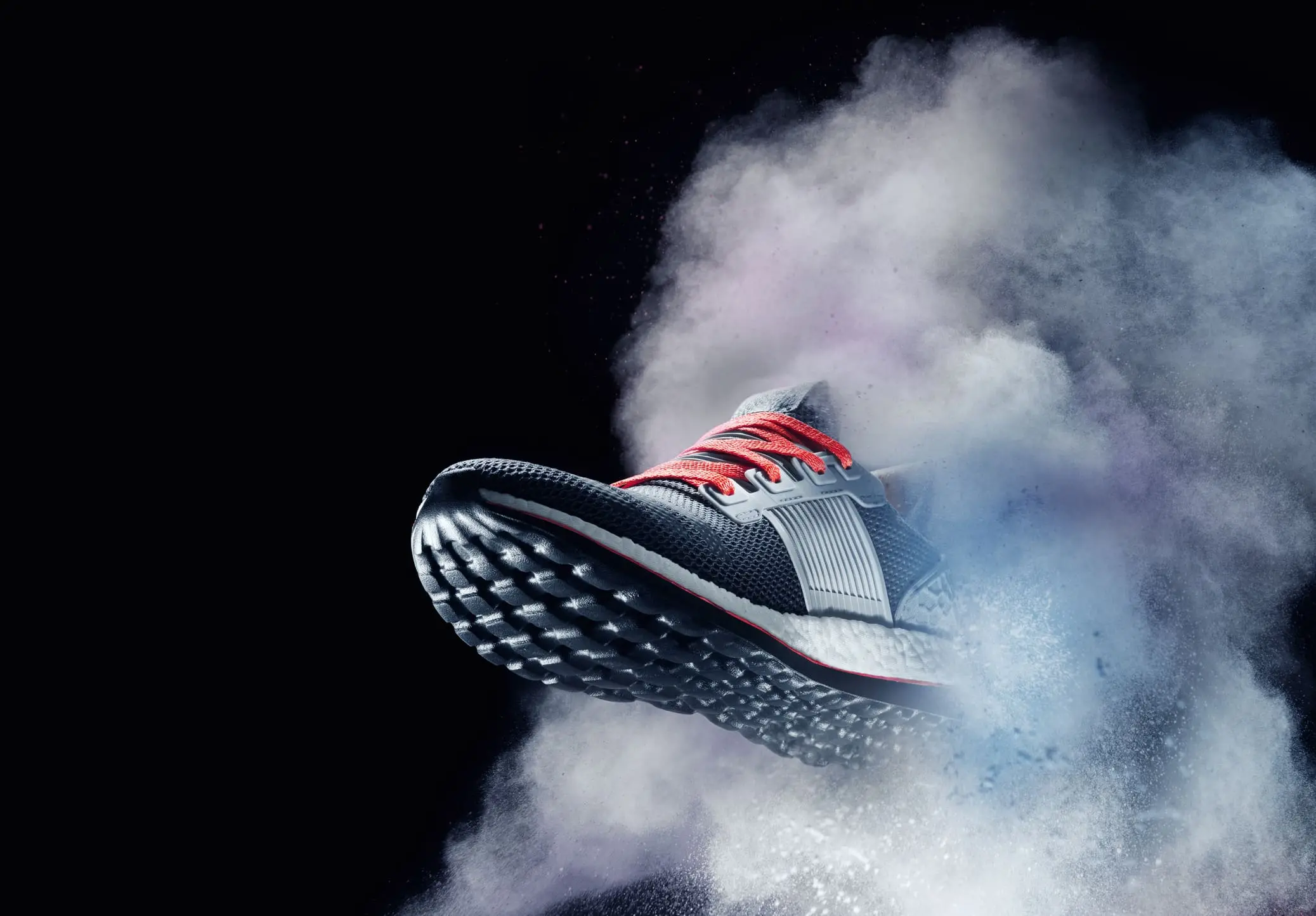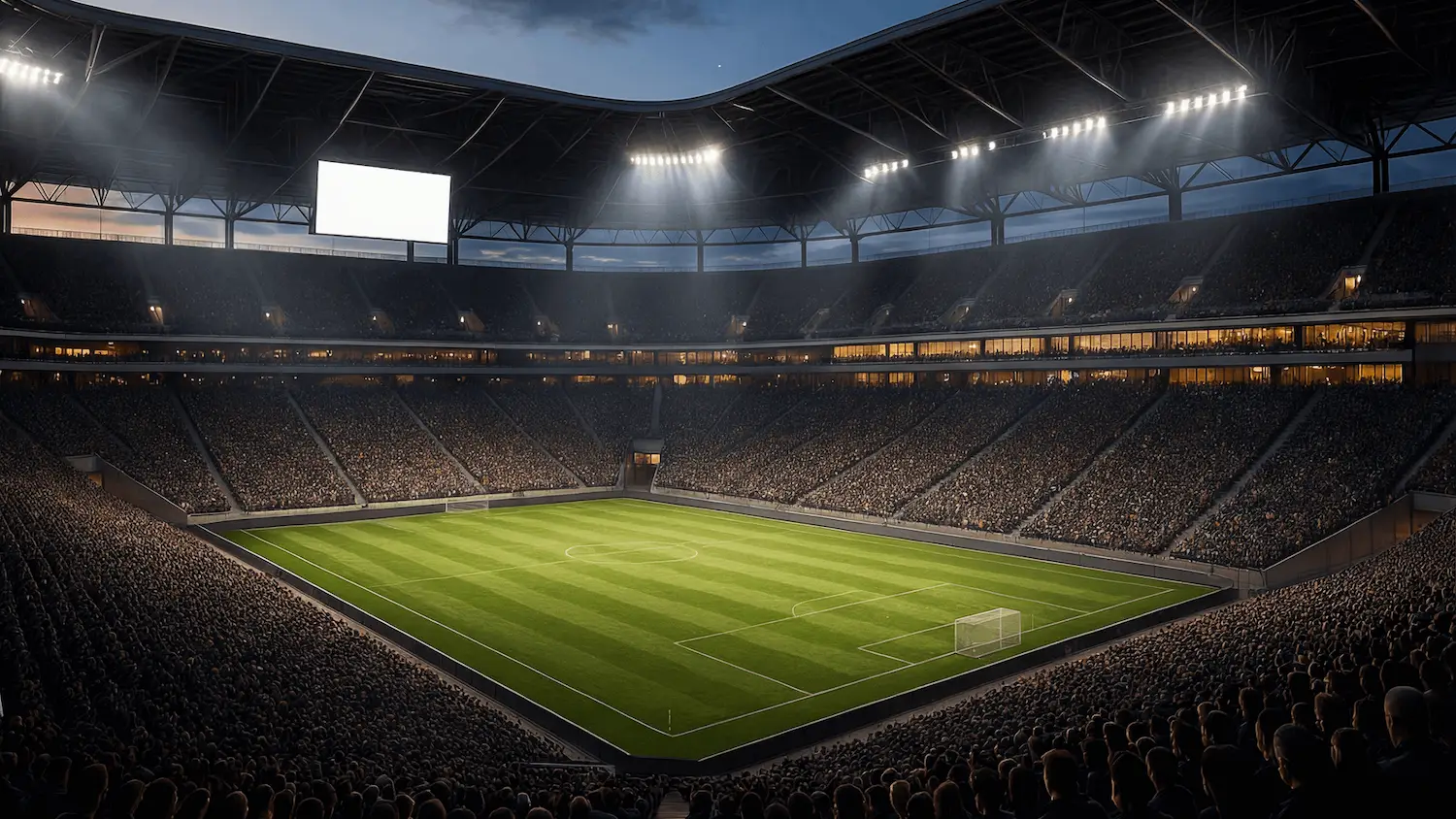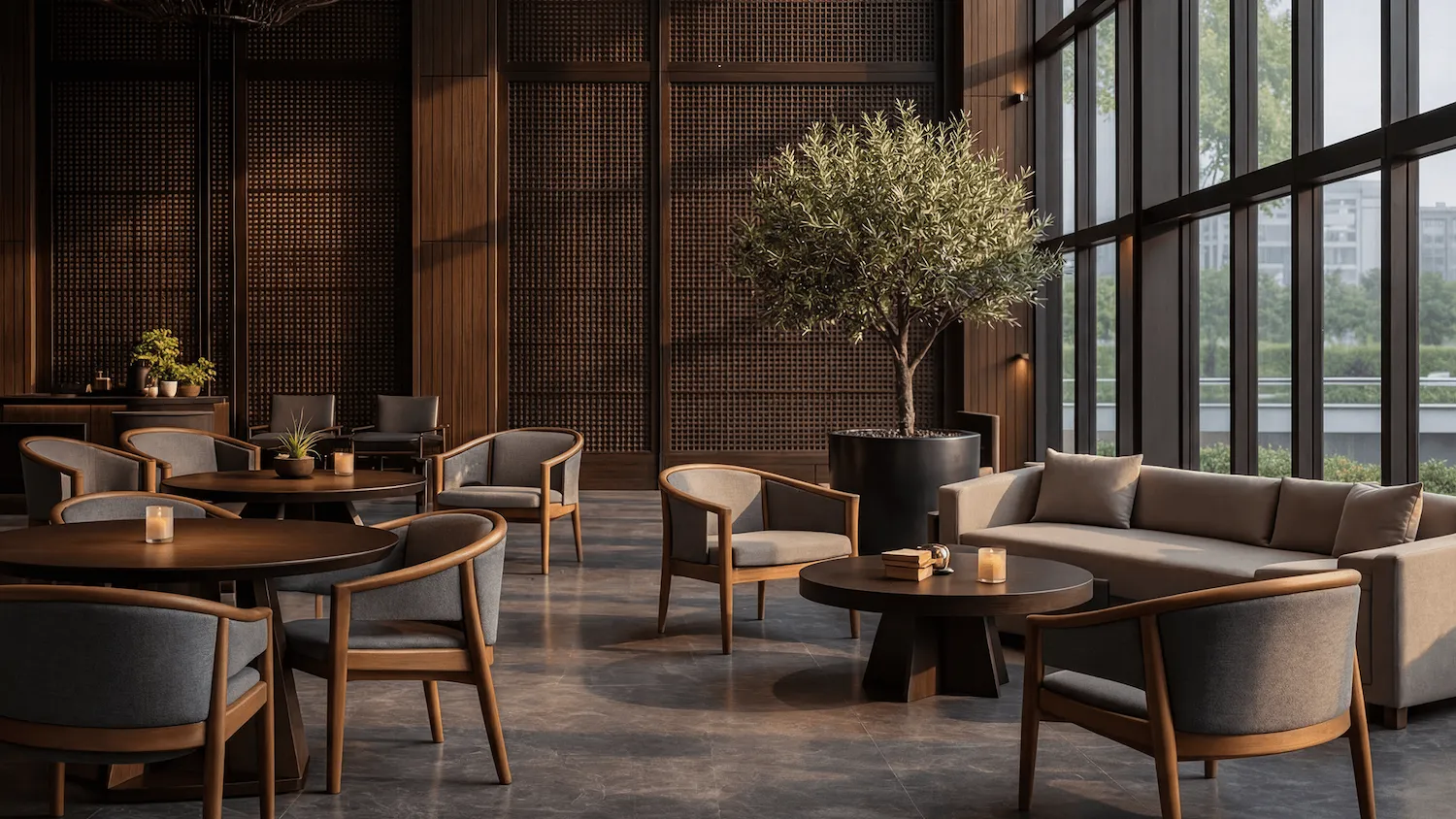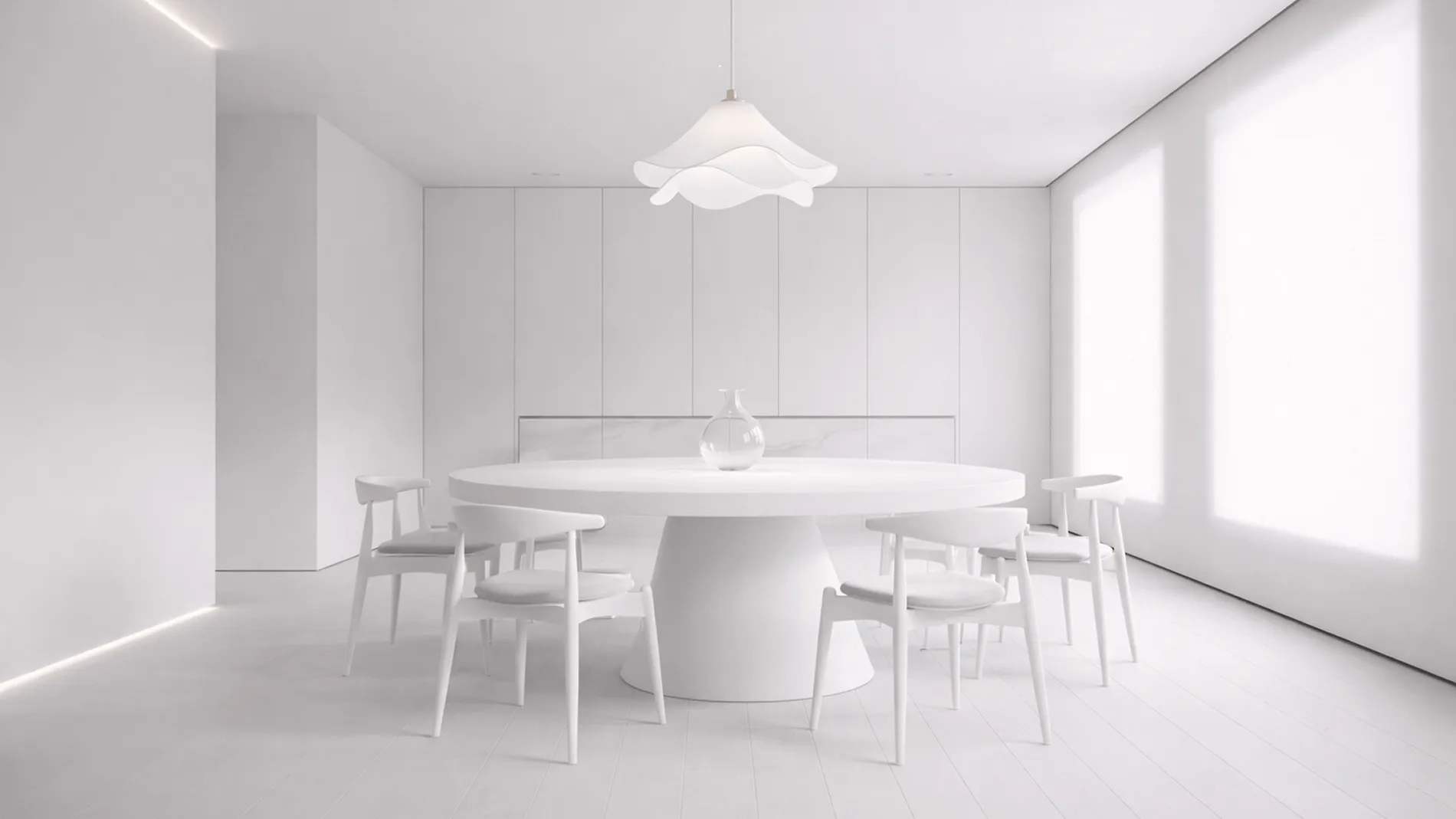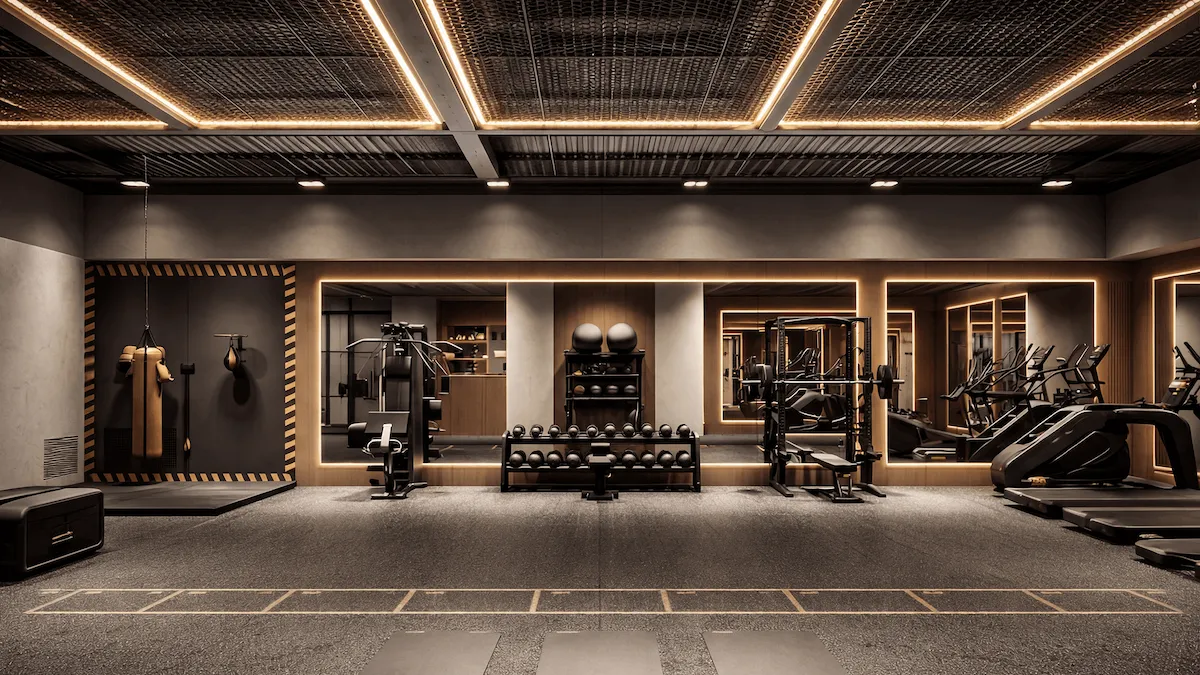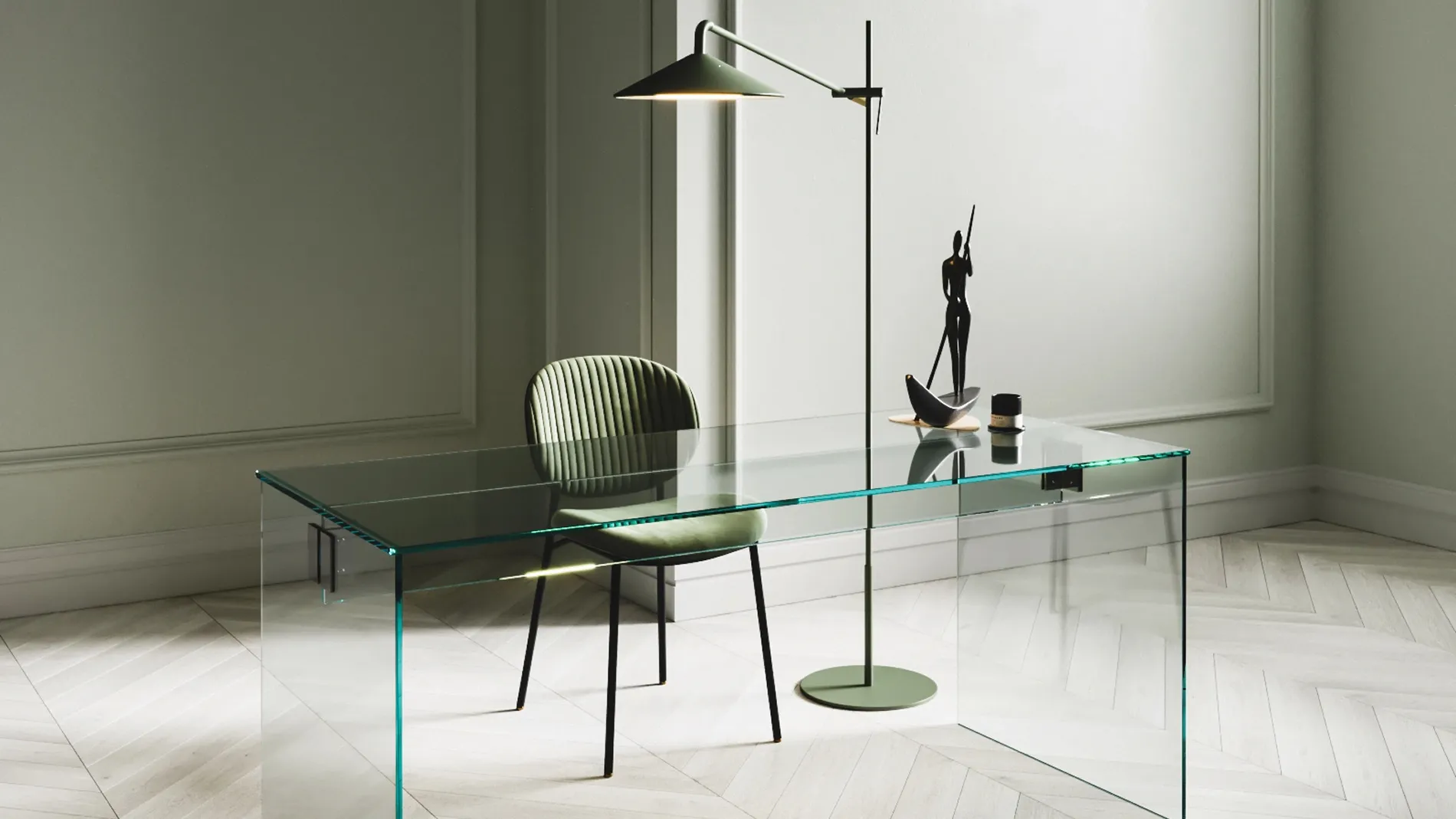Today, motion design has evolved as one of the best tools to capture viewer attention. The worldwide web, ranging from ads to social media, has motion graphics everywhere. The impact of these designs lies in the motion visual effects for animation. They enhance motion designs by adding depth, intricacy, and realism to simplistic animations…and voila, a captivating artwork is created.
Visual after effects refer to a broad spectrum of tools and techniques used during post-production that improve the animation specific to its aesthetics, dynamics, and storytelling potential. Such effects can range from simple subtleties like light adjustment to more flamboyant additions like explosions or other magical elements. Cinematic after effects allow an artist to:
- Engage viewers in a deeper experience.
- Deepen an emotional connection with the content.
- Emphasize the important moments or details in a drawing.
Without adding after effects, animations can easily feel subdued and single dimensional. Thus, for motion designers, these effects are not a set of skills, but rather an art that influences audience interaction with their designs.
Types of after effects in motion design
The breadth of After Effects makes it possible for motion designers to make delightful animations. Some of the most well-known and effective after-effects used in motion design are described below:
Particle effects
These visual effects for animation are an essential component of motion, as they aim to mimic smoke, flames, magical sparkles, rain, or snow. These particle effects are a lot more versatile than they tend to be targeted and leave one’s imagination open. For instance:
- Smoke effects: Excellent for adding mystery or drama to a scene.
- Fire effects: These are useful for scenes with action and in need of energy.
- Magical sparkles: Great focus for fantasy shows and animation or even unveiling a product.
Particle effects in motion design are one of the most popular types used in advertisements, games and even cinematic motion design to capture attention and also emotionally appeal.
Video credit: www.motionarray.com
Motion blur for feigned dynamic movement
Motion blur effects mimic the impulsive movement of quickly relocating objects. It assists in providing better transitions while giving a feeling of movement. Motion blur can be applied to many things, including:
- Fast-moving agents such as cars or even sporting gear make it seem as if it is dynamic.
- Characters that are moving so that they do not look so stiff or animated.
This effect comes in handy when needing to look sophisticated and professional in the final cut of action scenes, explainer videos, and social media reels.
Video credit: www.motionarray.com
Light effects
Light effects in animation are also quite useful in establishing the atmosphere and enhancing the beauty of the animations. Some of the frequent light effects that can be seen are:
- Glows: Ideal for futuristic designs, tech themes, or energetic bitmaps.
- Lens flare: Reproduces some of the real-world camera effects to add movie realism.
- Reflections: These improvements focus on glass, metal, or shiny surfaces and increase the depth of realism.
These effects are updated in the science fiction animations and technological branding videos alongside promotional videos to ensnarl glares.
Camera effects
Camera effects use light and motion to imitate how the real word camera captures images, giving animations a moviesque slant. The lens of the animation has two most common effects:
- Depth of field: It is an effect that provides a focus blur to the background while keeping the subject clear.
- Parallax effect: This adds a dimension by altering the speed of movement of the background and foreground.
These are important elements of storytelling as they guide the viewer’s attention to the most important aspects of the animation.
Video credit: www.motionarray.com
Application in various industries
Due to the nature of motion design after effects, they are useful in many industries. Let’s see how these effects are used in different spheres of life:
Marketing: Attention grabbing ads
Motion graphics are used in brand marketing and selling these days. With glowing, ‘after effects’ text and transitions and particle bursts, marketers can design campaigns that look gorgeous and increase conversion rates. For example:
- A product revealed with light and particle effects is showcased to demonstrate its features.
- A social media advertisement where motion blur emphasizes the product’s speed and efficiency.
Film and TV: Movies like never before
With the use of cinematic after effects, the entertainment industry creates astonishing visuals that keep the audience’s eyes glued to the screen. From aggressive motion blur effects in a series of chases to glowing magical elements in fantasy movies, these effects have helped enhance storytelling in films and are a must-add. This is also present in:
- Title sequences for movies and TV shows.
- Animated short films or documentaries with dynamic transitions.
Video credit: www.motionarray.com
Social media: Stunning effect animations
Social Media users are attracted to visuals based on their attention-grabbing capabilities. In a world full of competition, it has now become easier to grab attention through the usage of animations containing light effects, smooth motion blur, and particle effects. Their many applications include:
- Glistening text and animated background overlays for Instagram stories.
- TikTok videos utilize cinematic transitions and bursts of particles.
Engagement with these types of effects not only improve the views of content, but also increase brand recognition, which is why such animations are essential for social media marketers.
Video credit: www.motionarray.com
Trends in visual after effects for 2025
As time passes and technology gets more advanced, fresh trends in visual after effects are changing the face of motion design. Here is the most intriguing progress one can anticipate in 2025.
AI-powered real-time effects
AI is shifting the paradigm when it comes to creating visual effects. Now, designers can rely on AI-powered tools to automatically produce real-time particle simulations, motion blur, and many more effects much faster and without compromising quality.
Utilization of AR and VR to enhance viewer experience
AR and VR visual effects are changing the way audiences interact with motion design. These types of experiences require the inclusion of light effects, depth of field, and particle effects to create a realistic simulation. AR and VR visual effects are expected to keep developing.
We are here to help
Our 3d rendering firm of specialists in motion design is able to craft brilliant animations with after effects that will leave an impact on your clients. From advanced cinematic after effects to AR/VR visuals to even social media animations, we are the ones you need to reach out to!
